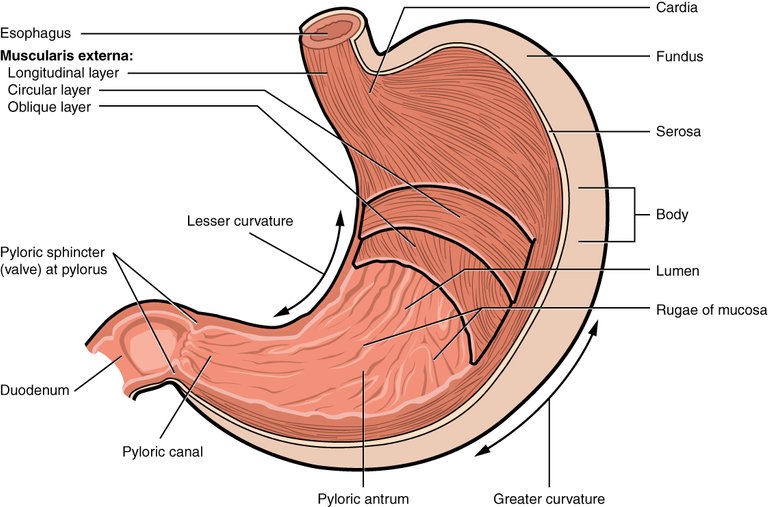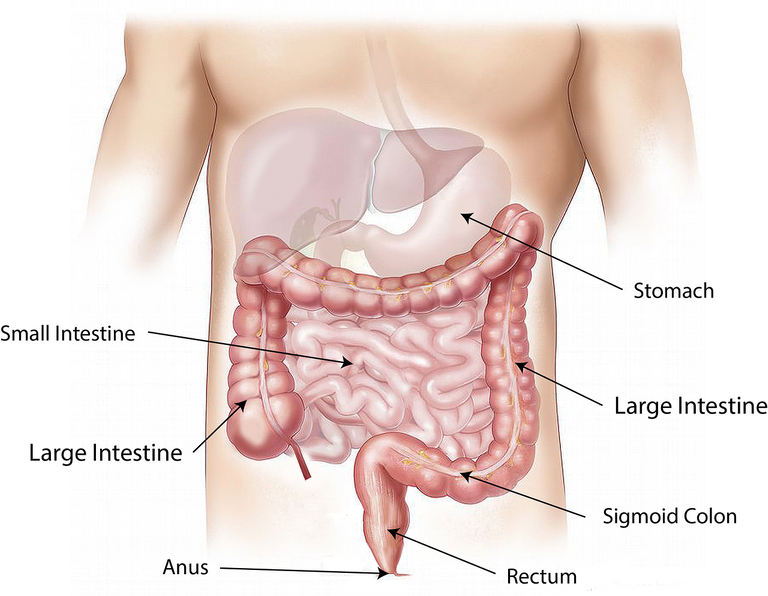The Science of Overeating: Understanding the Effects of Excessive Food Consumption on the Body
We all eat, and some of us love eating more than others. While some people are good with eating at once, others love eating in bits for an extensive period of time. Either way, we all eat, and in the process, we must have overeating at some point in time. It is no doubt that people like myself like to watch our intake, so they do not start to regret while we ate the food in the first place, but then there are cases when it is glaring that we have overeaten.
Overeating has to do with the consumption of excess food compared to the amount of energy to be released by the organism. It has to do with eating food more than 1 litre which is the volume of the stomach, leading to abdominal discomfort, nausea, and extreme fatigue. Continuous eating in this manner can lead to obesity, and be regarded as an eating disorder. Over time, it can be fatal if not controlled. This said, let's take a look at the normal events that happen when a person overeats.
You Eat Too Much
When you eat that burger to a point where you look stuck and have difficulty moving, be sure that your stomach has stretched, and the stretching will stimulate the vagus nerve which runs from the brain. The stretching is to send signals to the brain that you have reached capacity and leads to the brain allowing the painful sensation of stretched stomach regions to be felt by you.
While a lot of people do not want to overeat because the pain it causes is beyond what a person would enjoy having two to three times daily, every day of their lives, rushing food is a reason for overeating. Even if you want to consume 2X of the normal stomach size of 1 liter, you are welcome because the stomach itself can stretch up to 3X its size, so you are covered but trust me, you will not enjoy the discomfort you would get.
Other Organs Suffer
When the stomach becomes stretched, it has directly displaced the positions of other organs in the abdominal region. You remember the last time you ate, and your abdomen was protruding like you were pregnant? Yes! that's what food baby can do to you when you eat without control, and trust me it comes with pain because all the abdominal organs have been displaced.
While the abdominal organs suffer, the diaphragm isn't spared, and this leads to the inability of the lungs to expand properly affecting breathing. That's the reason you cannot breath at maximum (shallow breath) when you are overfull. The cardiac sphincter also isn't spared. The stomach put pressure on the cardiac sphincter which passes between the esophagus and the stomach opening, preventing a reflux of food back.
The fact that the sphincter being affected doesn't look like a problem doesn't mean it isn't. During digestion, the stomach releases stomach acid, Hydrochloric acid, as well as potassium chloride, and sodium chloride which will help to digest the food. But with excess food in the stomach, the gastric acid will need a larger amount of acid to do the digestion but not to forget that with the sphincter affected, food can go back, and that would lead to chest burns. The required amount of time for the food to digest also vary, such as fat which digests longer than non-fatty food, this means that the pain can be felt for a long period of time.
No one is going to be spared and that includes the intestine. More food means more work which would cause the heart rate to increase, so as to help with intestinal compressions. Also, the pancreas would release a high amount of amylase, protease, and lipase enzyme further breaking down carbohydrates, proteins, and fat in the intestine. The heart rate increase causing blood to flow towards the small intestine would lead to more fatigue and tiredness.
But do not worry, if the food can get out of your body in one piece as waste after the needed nutrient have been removed, your body goes back to normal but until then, you are going to be enjoying an undesirable ride of pain. If overeating continues, it leads to weight gain which is not good for the body increasing the risk of other diseases.
Reference
https://www.ncbi.nlm.nih.gov/pmc/articles/PMC5063945/
https://www.ncbi.nlm.nih.gov/pmc/articles/PMC4930427/
https://www.ncbi.nlm.nih.gov/pmc/articles/PMC5403578/
https://www.frontiersin.org/articles/10.3389/fpsyg.2019.00062/full
https://www.ncbi.nlm.nih.gov/pmc/articles/PMC6996447/
https://www.ncbi.nlm.nih.gov/books/NBK549888/


Sure, over eating is very bad to our system and especially when it happens to someone during the night.
Some people think overeating is not something serious which is not true. We must regulate the amount of food we consume on a daily basis
Thanks for your contribution to the STEMsocial community. Feel free to join us on discord to get to know the rest of us!
Please consider delegating to the @stemsocial account (85% of the curation rewards are returned).
Thanks for including @stemsocial as a beneficiary, which gives you stronger support.
Congratulations your publication has been chosen among the best of the day.
KEEP CREATING GOOD CONTENT.
Overeating can be solved with a bit of overexercising :P